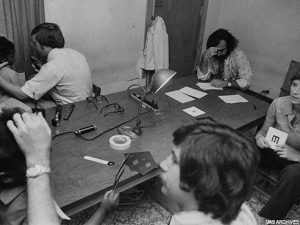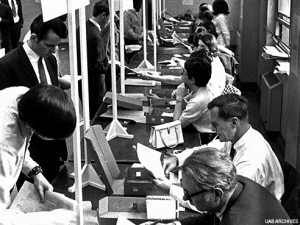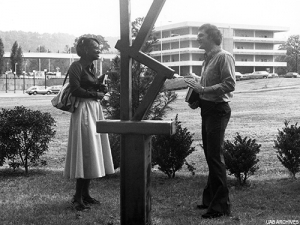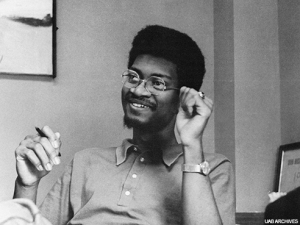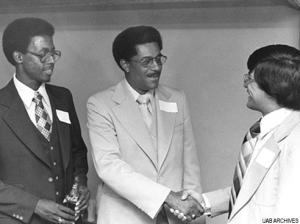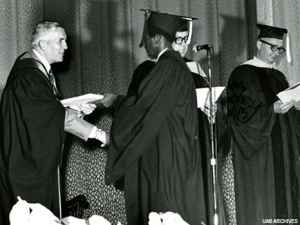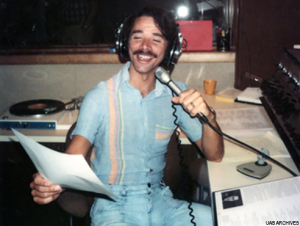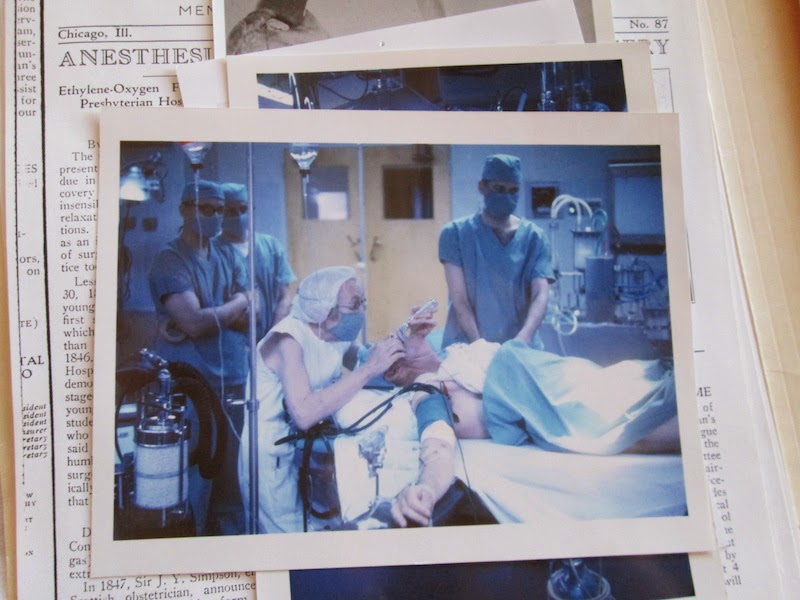 Anesthesiology department founding chair Alice McNeal, M.D., circa 1960, shown in the Hill Heart Suite
Anesthesiology department founding chair Alice McNeal, M.D., circa 1960, shown in the Hill Heart Suite
March is National Women’s History Month, which sparks memories of the founding chair of UAB’s Department of Anesthesiology (now the Department of Anesthesiology and Perioperative Medicine), Alice McNeal, M.D. Anesthesiology department librarian A.J. Wright collected photos, personal items and documentation about McNeal for decades and shared the surprising details that follow.
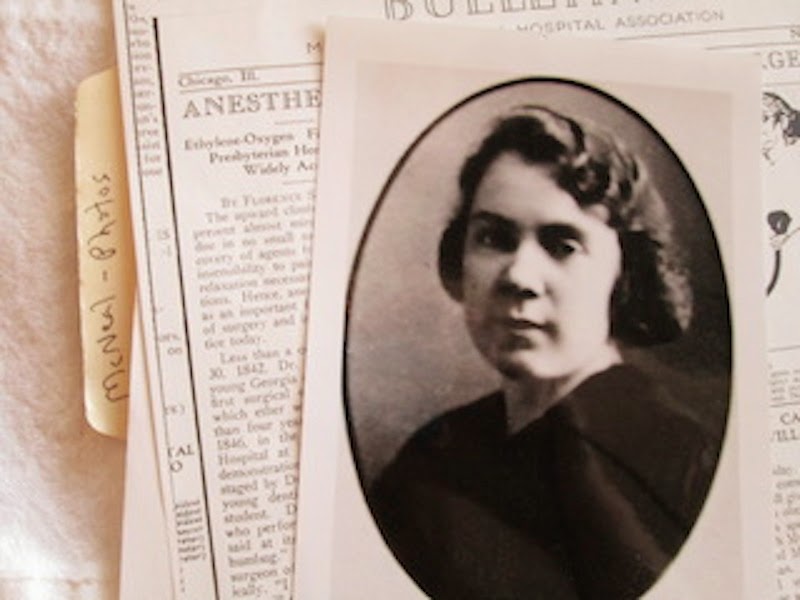
1. UAB was Act II of her illustrious career.
Alice McNeal, born in 1897, was the only child of Carrie May and Charles McNeal. She graduated from Rush Medical College in Chicago and completed internships at Women's Hospital in Philadelphia and Durand Hospital in Chicago.
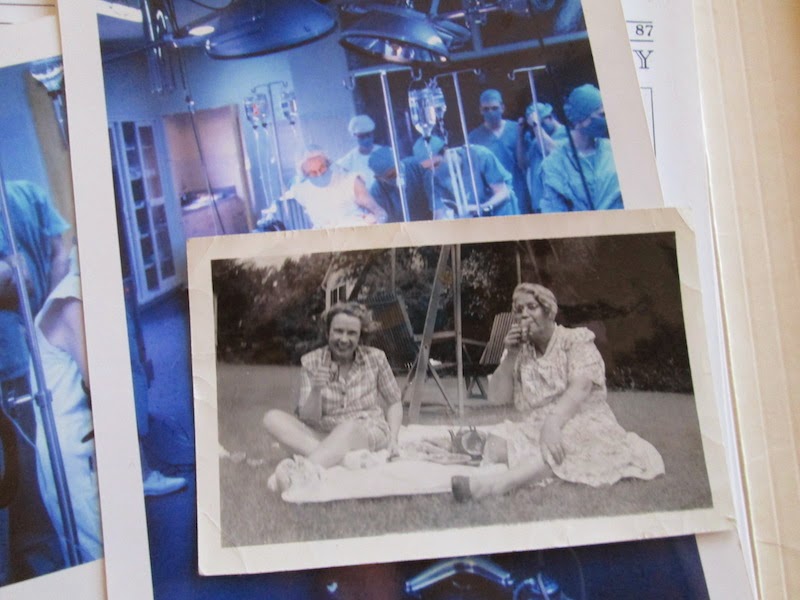 McNeal (left), circa 1922, after graduating from medical school
McNeal (left), circa 1922, after graduating from medical school
She spent 21 years as an anesthesiologist and instructor at Chicago’s Presbyterian Hospital before coming to Birmingham (and she retained many of those Chicago ties, as she repeatedly threatened to return if she didn’t get her way in Alabama).
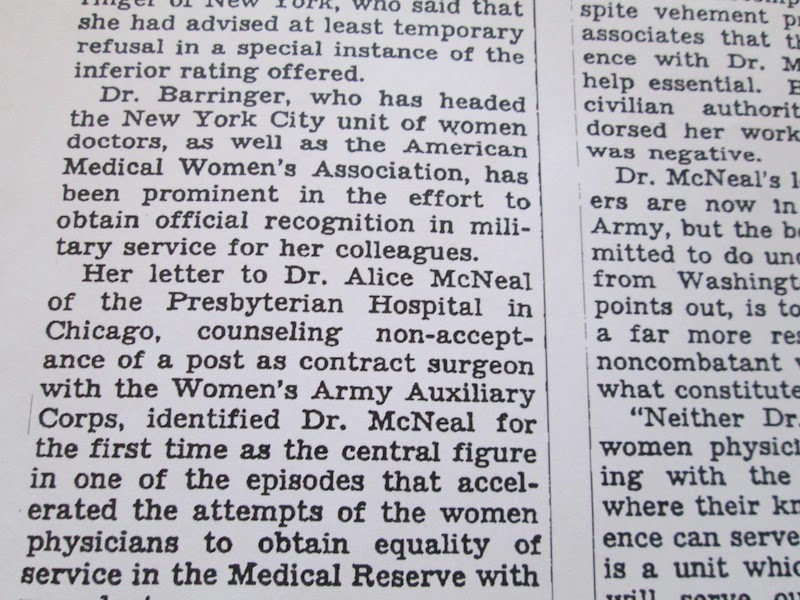 From the New York Times, July 30, 1942: "Woman Physician Barred by Army Is Urged To Refuse Inferior Rating With the WAACS"
From the New York Times, July 30, 1942: "Woman Physician Barred by Army Is Urged To Refuse Inferior Rating With the WAACS"
2. She sparked a controversy during World War II.
McNeal was the subject of national news for her role in asserting equality for female doctors in the military. When attempting to enlist in the Medical Reserve along with her surgical colleagues in Chicago, she was denied. “She is one of the best … Why not give her a job equal to her potentialities?” said Emily Barringer, M.D., of the American Medical Women’s Association in the New York Times.
The following year, Time magazine cited her role in the passage of a bill that gave women physicians equal status in the military. According to Time: “Though 3,000 of the 8,000 U.S. women doctors could probably qualify for service, most of them are content to work at home. What gets their dander up is to see an outstanding woman specialist hampered on account of her sex. Such a physician is Dr. Alice McNeal, anesthetist of Presbyterian Hospital, Chicago. The operating team to which she belongs went to General Hospital Unit 13 at Camp Robinson, Little Rock, Ark. Forty Chicago doctors went, but Dr. McNeal was left behind.”
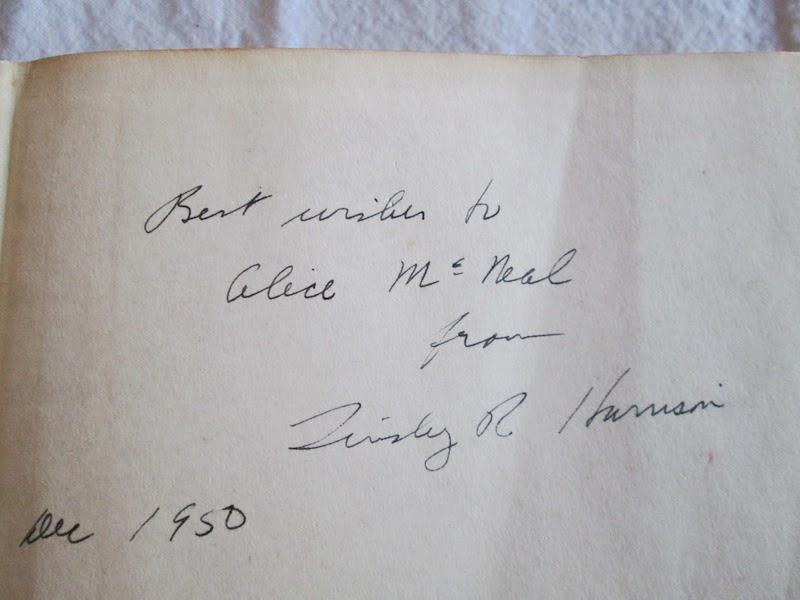 Keeping good company: One of McNeal's books as inscribed by renowned UAB School of Medicine physician Tinsley R. Harrison, M.D.
Keeping good company: One of McNeal's books as inscribed by renowned UAB School of Medicine physician Tinsley R. Harrison, M.D.
3. She wasn’t afraid to conquer new ground.
McNeal was recruited to the Medical College of Alabama in 1946 as an assistant professor of surgery and chief of the surgery department's anesthesia division, becoming the first practicing female anesthesiologist in the state. Two years later, when she announced her decision to return to Chicago, Dean Roy Kracke created the Department of Anesthesiology to retain her in Birmingham. She became the second female physician to become a department chair at what is now the UAB Heersink School of Medicine.
McNeal repeatedly asserted the needs for more staff, more money, more resources and, quite frankly, more respect for her chosen field and colleagues. For example, she noted in one letter to the associate dean that "the most urgent need for the Department of Anesthesia is a small class room or conference [sic] which is in the Department's possession twenty-four hours a day" — to which the response was "impossible."
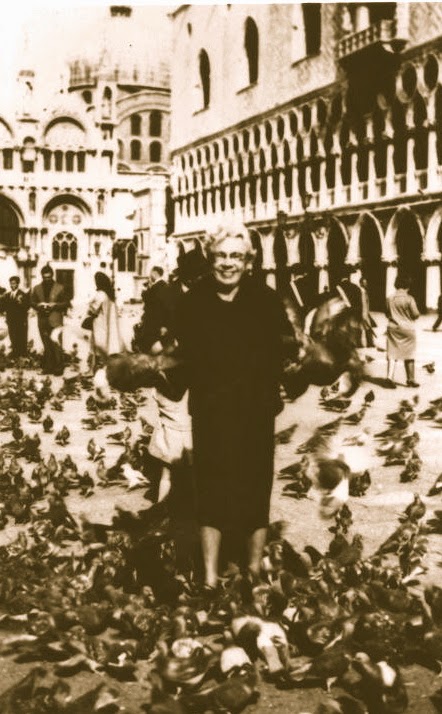 McNeal in Europe, date unknown (photo provided by Alice Parker, Ph.D.)
McNeal in Europe, date unknown (photo provided by Alice Parker, Ph.D.)
4. She felt a strong attraction to Europe.
McNeal went to Germany in 1949 under the auspices of the International Refugee Organization to share her knowledge about modern anesthesia practices. She kept a journal of her time in Munich, which is housed in our departmental library.
After McNeal died, her ashes were scattered in Europe by Joseph Volker, DDS, Ph.D., dean of the School of Dentistry (and later chancellor of the University of Alabama system) and his wife, Neet, considered the First Lady of UAB.
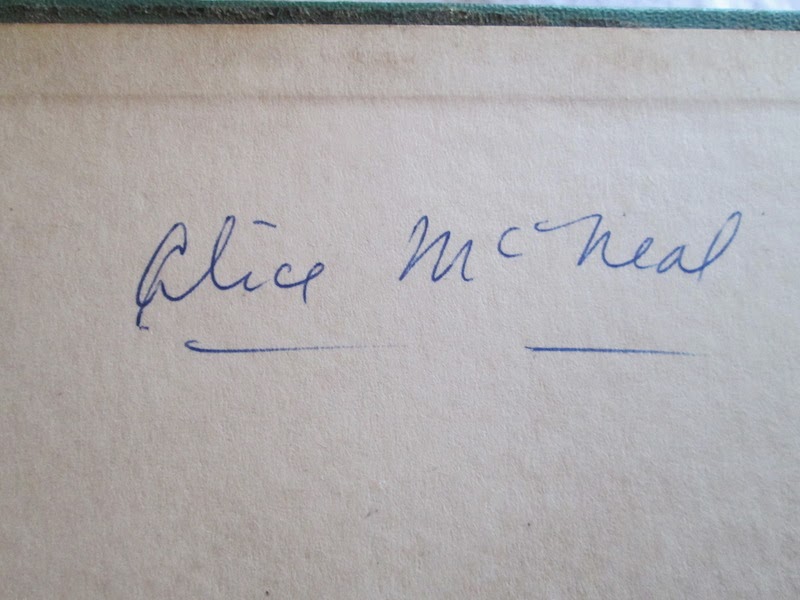 One of Dr. McNeal's personal volumes in the anesthesiology department library's collection
One of Dr. McNeal's personal volumes in the anesthesiology department library's collection
5. Her legacy is still felt in the state of Alabama.
McNeal was the chair of the Department of Anesthesiology until stepping down in 1961. Over the course of her career in Birmingham, she trained untold numbers of residents, dental students, and nurse anesthetists, as well as founded the hospital’s School for Nurse Anesthetists.
Personal recollections on her range from: She was “a great teacher, well-liked, and worked hard,”—former UAB President Dr. Charles McCallum; “She dearly loved fine conversation, classical music and well-written books … and good scotch!” —Jim Jones, M.D., a faculty member in her department from 1958 until 1960; “She was a one-M.D. department. You could always count on her being there. She nearly lived in the hospital.”—Dewey White, M.D. a retired pediatrician who served as a resident under McNeal.
In 1998 the University of Alabama Board of Trustees established the Alice McNeal, M.D., Endowed Chair in Anesthesiology in her honor, which is held by our Vice Chair for Research Sadis Matalon, Ph.D., Dr. Sc. (Hon.)
McNeal was inducted into the Alabama Healthcare Hall of Fame in 2010. She was the first female anesthesiologist inducted.
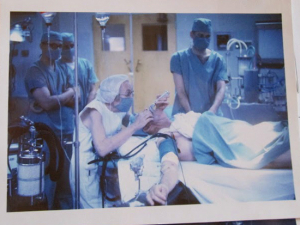

 During the 1996 Olympic Games, Legion Field was a host site for soccer games, which more than 431,000 people attended. UAB also was home to a practice site for Olympians.
During the 1996 Olympic Games, Legion Field was a host site for soccer games, which more than 431,000 people attended. UAB also was home to a practice site for Olympians.